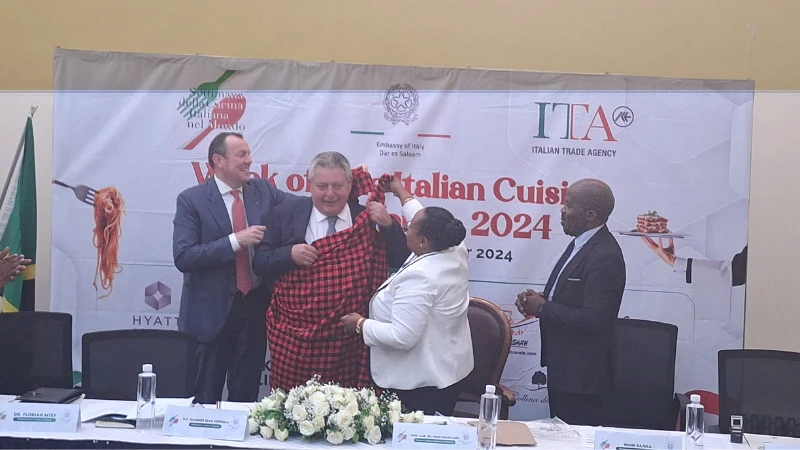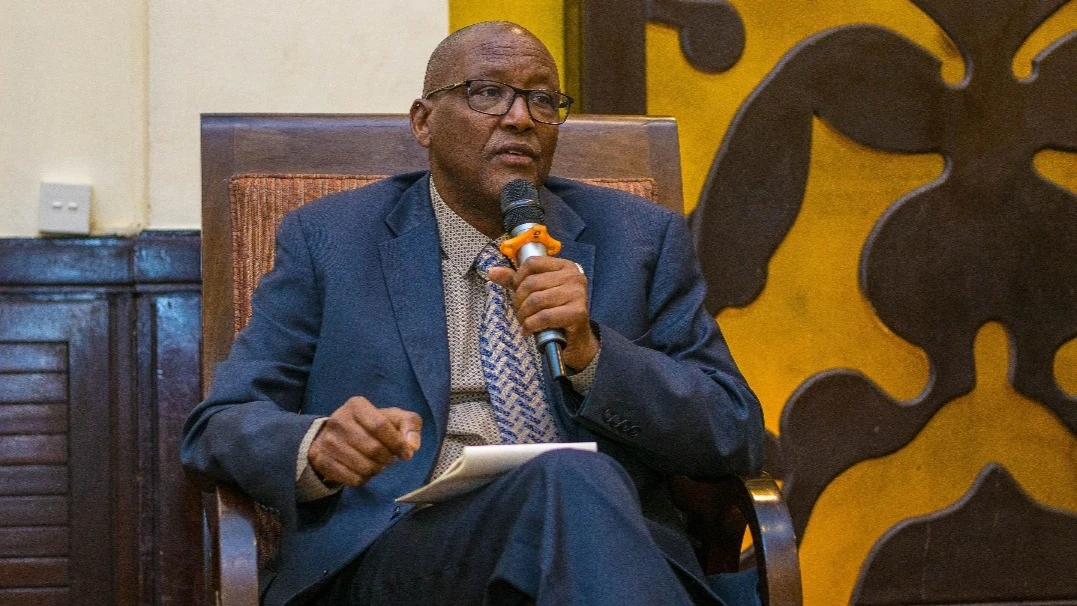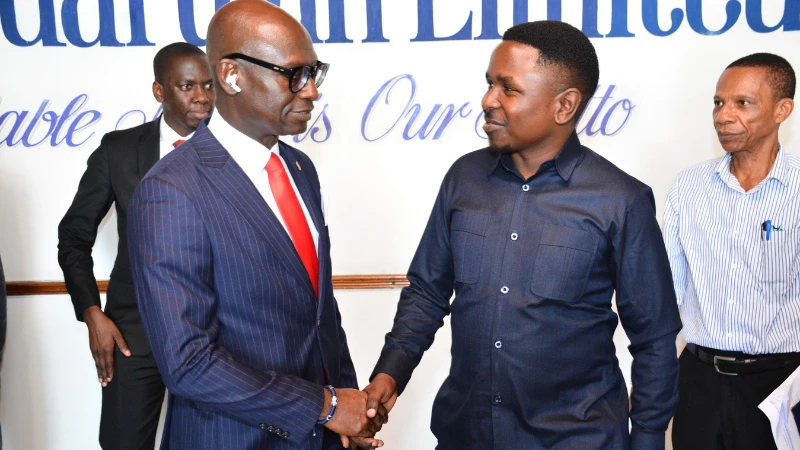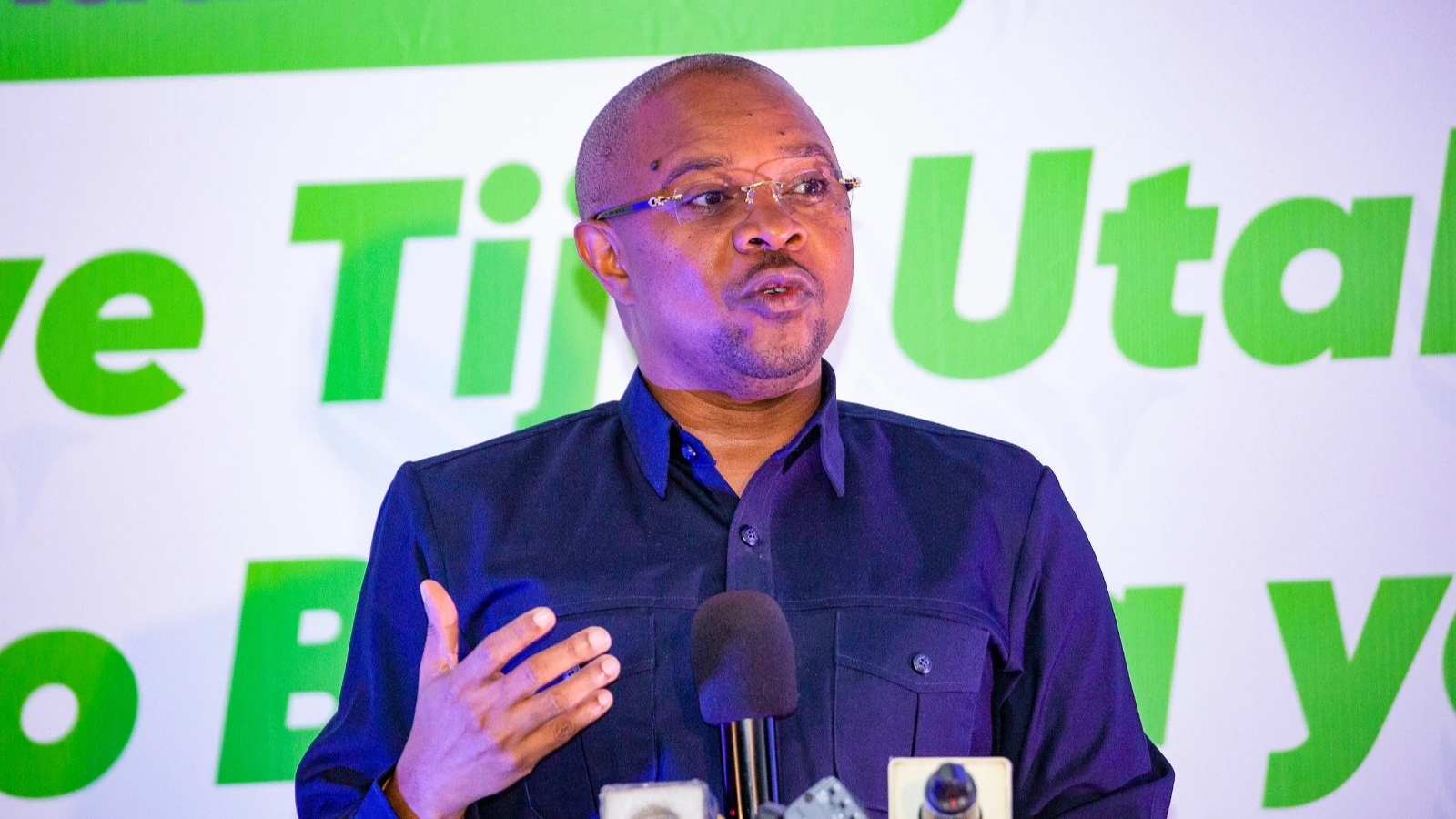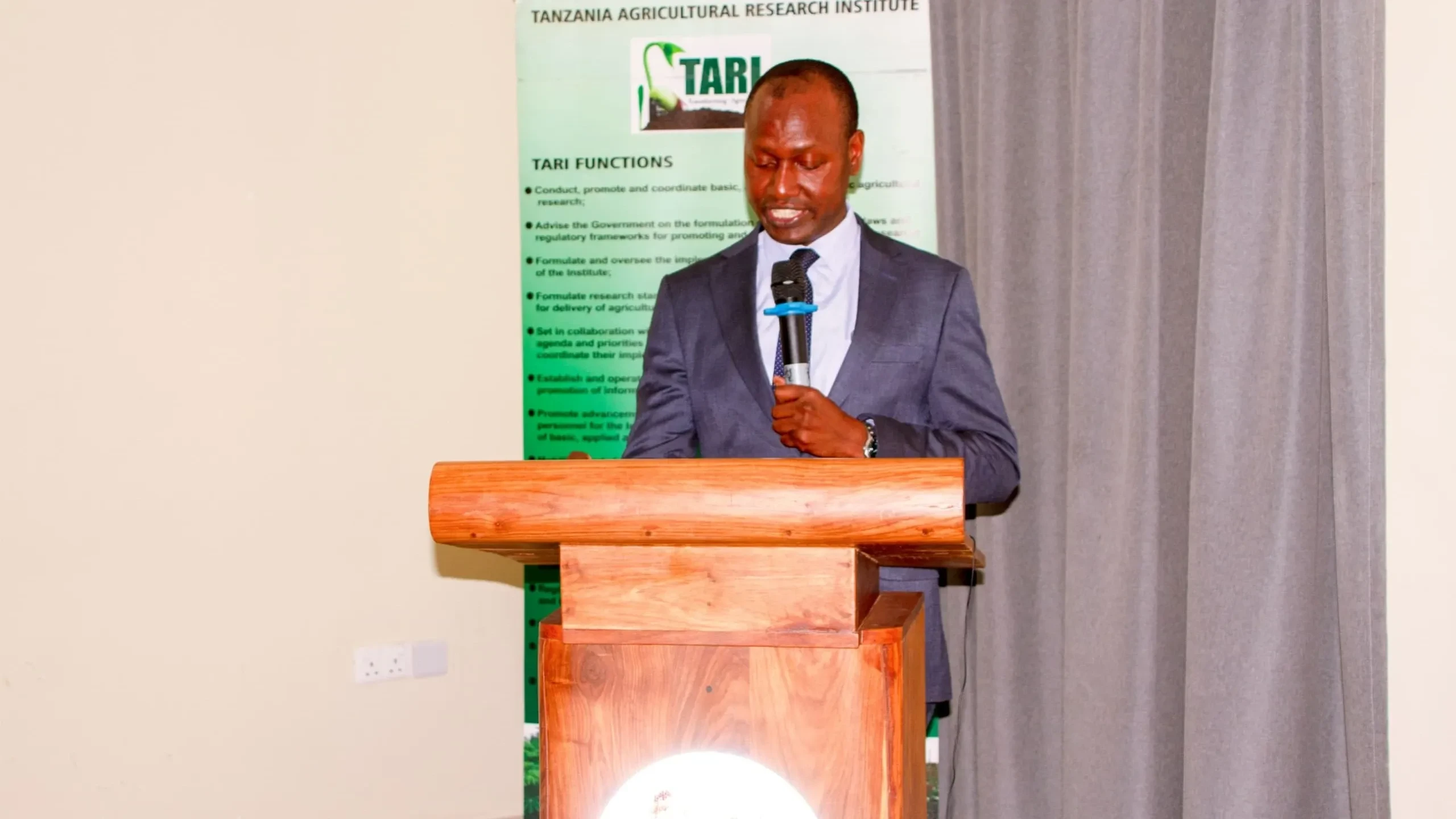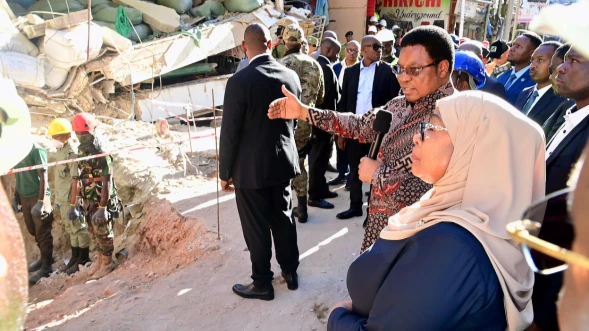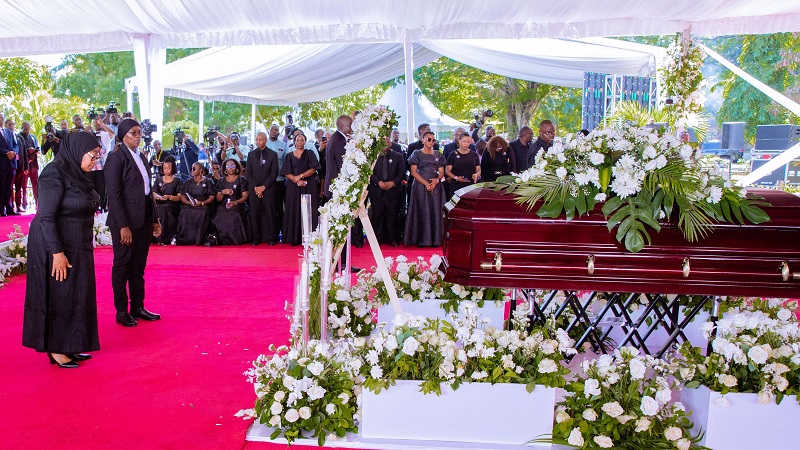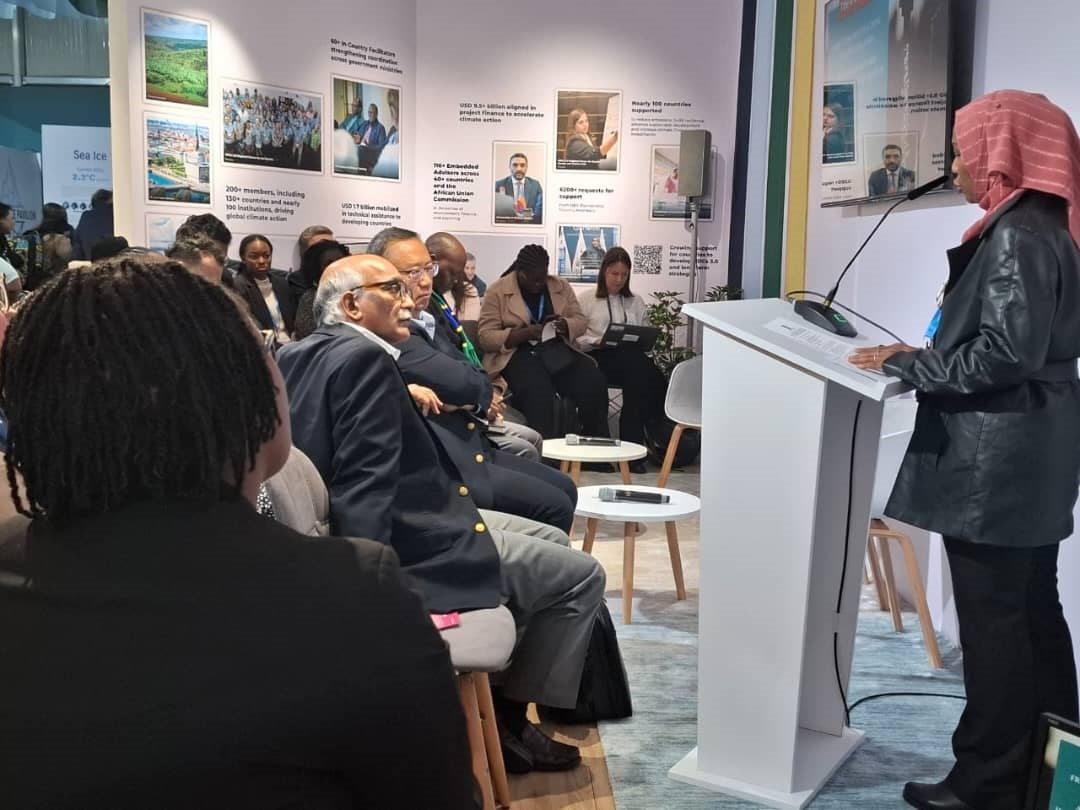Digital records keeping takes centre stage at regional meeting of archivists in Arusha

DIGITAL methods for records keeping and document management have dominated debates at the 59th International Council on Archives’ Eastern and Southern Africa Regional Branch (ESARBICA) meeting in Arusha where board members from 14 countries have gathered for a two-day conference.
The meeting underscored a pivotal shift from traditional paper-based systems to advanced digital solutions aimed at improving efficiency and accessibility in government records keeping.
Announced yesterday by Xavier Daudi, Permanent Secretary in the President’s Office (Public Service Management and Good Governance) the conference highlights Tanzania’s strides in digital technology adoption.
Daudi noted that public institutions have achieved a 50 percent adoption rate of digital methods, a significant leap from the reliance on paper-based systems of the past.
"Historically, document management relied heavily on paper-based systems," Daudi remarked. "However, technological advancements now emphasize the transition to digital methods which are more efficient."
The focus of the conference reflects a broader trend toward digital transformation, emphasising the crucial role of accurate digital records in enhancing government efficiency and overcoming existing challenges such as the need for skilled personnel.
"Despite some challenges, including the need for skilled personnel, we are committed to leveraging technology to achieve our goals," Daudi added. "We encourage member institutions to adopt modern systems to facilitate quicker improvements."
In addition to discussing technological advancements, Daudi highlighted Tanzania's recent achievement of receiving a United Nations award from the Republic of Korea for its E-Feedback system, a testament to the country’s progress in digital governance.
ESARBICA President Pulenga Kekana emphasized the significance of the meeting, which ran from Monday to yesterday.
Delegates from all 14 member countries engaged in discussions and shared experiences to drive sector-wide improvements.
Firimin Msiangi, Director of the President's Office, National Archives and Records Management, underscored the board’s role in ensuring the effective management of government records and the provision of quality services to citizens.
He said that the meetings are essential for exchanging best practices and enhancing operational standards across member countries.
"Our responsibility is to ensure that government records are managed effectively and that we provide quality services to citizens. These meetings are crucial for sharing experiences and improving operations," he said.
Top Headlines
© 2024 IPPMEDIA.COM. ALL RIGHTS RESERVED








